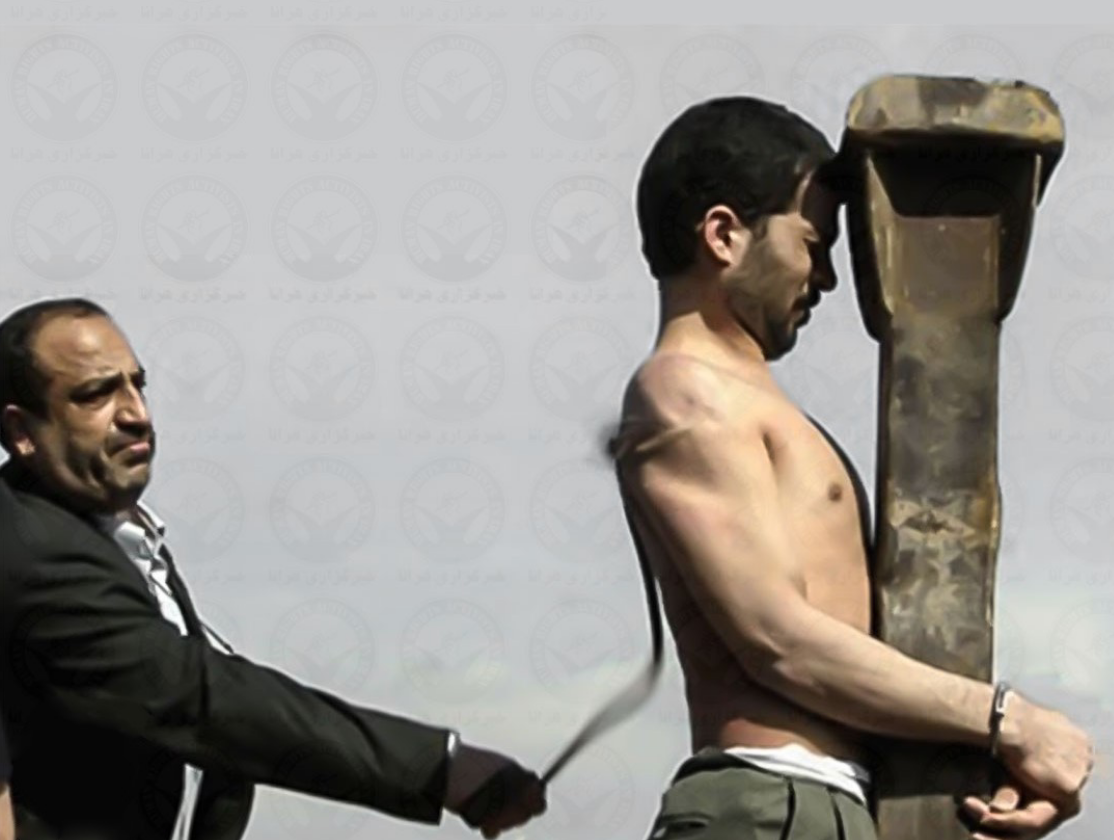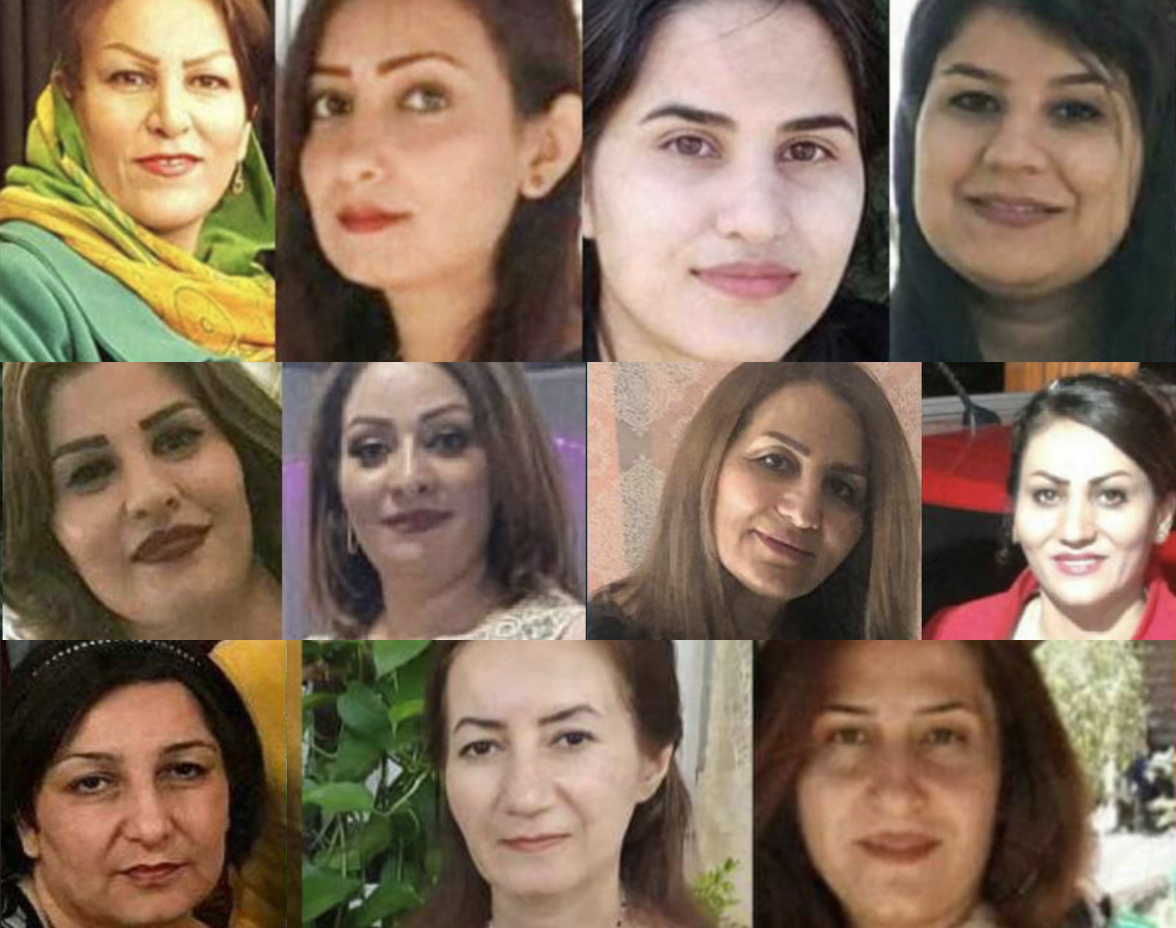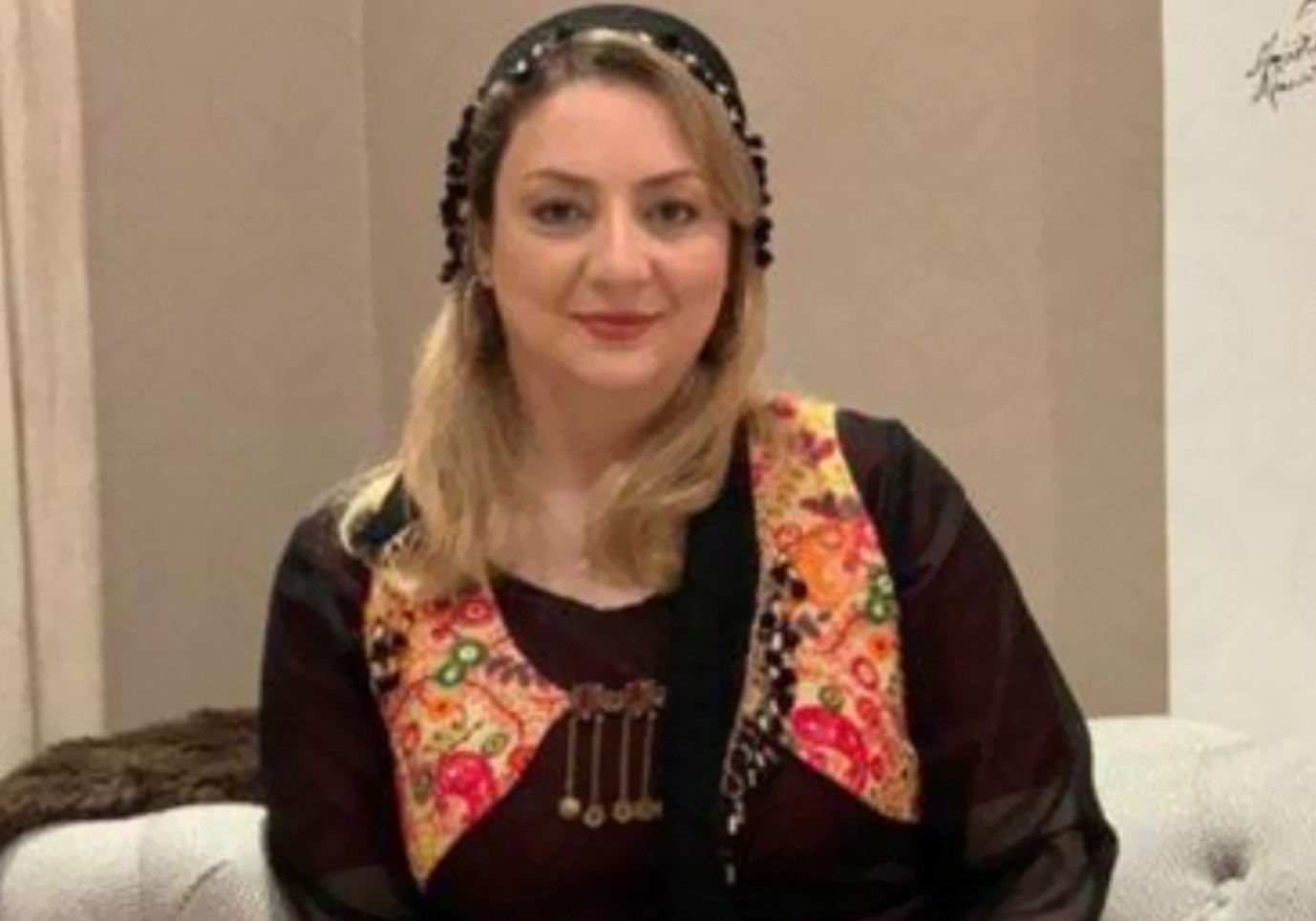Baha’i citizens Mahvash Adalati Aliabadi, Sepideh Keshavarz, and Farid Ismaili, residents of Tehran, were sentenced by Branch 36 of the Tehran Court of Appeals to a total of 10 years and 9 months in prison.
According to HRANA, the news agency of Human Rights Activists, Ms. Aliabadi, Ms. Keshavarz, and Mr. Ismaili were each sentenced to three years and seven months in prison on a charge of “Acting against national security through administering the Baha’i organization”.
In their first hearing in Branch 28 of the Revolutionary Court in Tehran, presided by Judge Mohammad Reza Amouzad, Aliabadi, Keshavarz, and Ismaili, had been sentenced to 3 years and 7 months in prison on the same charge, in addition to eight months on charges of “Propaganda activities against the regime through the promotion of Baha’ism”.
According to unofficial sources, more than 300,000 Baha’is live in Iran, but the Iranian constitution recognizes only Islam, Christianity, Judaism, and Zoroastrianism. Because their faith is not considered legitimate by authorities, the rights of Baha’is in Iran have been systematically violated for years.
This deprivation of the freedom to practice their religion is a violation of Article 18 of the Universal Declaration of Human Rights, and Article 18 of the International Covenant on Civil and Political Rights. The United Nations covenant holds that every person has the right to freedom of religion, freedom of converting religion, as well as freedom of expression, individually or collectively; openly or secretly.













